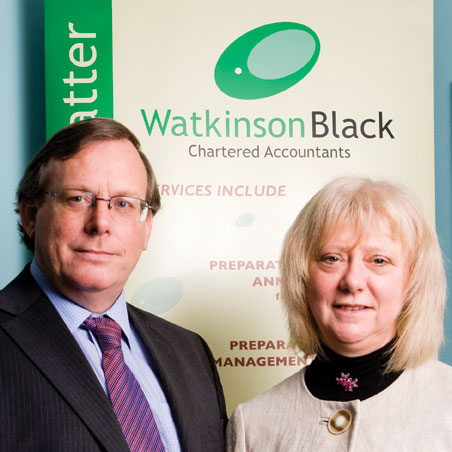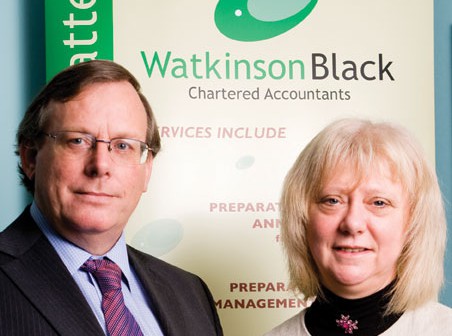We hear a lot from the government about “cutting red tape” for businesses. You might be forgiven for thinking that you had not seen much evidence of this happening in practice, but do not worry. Why? 
Because the European Commission has now joined in, and has already made its first recommendation. As a first step in cutting red tape, and after a year-long consultation process, they have now recommended that from January 2017 UK businesses should be …….. required to submit monthly VAT returns.
As most businesses currently submit quarterly returns this cutting of red tape represents a fourfold increase in their reporting requirements. Perhaps we should be thankful that they have not followed the example of PAYE and required a “real time” return every time a business charges or incurs VAT!
Whilst on the subject of VAT there are a number of circumstances when a business may incorrectly fail to account for this properly. These arise when the transaction is unusual and the business fails to raise a normal VAT invoice. Examples may include:
* Disposals, eg to staff, of surplus or sub-standard goods or business assets
* Receipts for scrapped equipment
* Vending machine or canteen receipts
A further source of error is where there are two businesses which are separate entities for VAT purposes, and one business makes a “Management Charge” to the other, normally where certain overheads are shared between the two. Frequently, the amount of these recharges is not known until draft accounts are prepared and a provision is made in each set of accounts for the recharge. If a proper invoice is raised then VAT becomes payable in the normal course of events, otherwise it becomes due when the accounts are formerly approved by the directors.
A similar situation can arise where one business employs all of the staff, and runs the payroll, for a number of businesses and then recharges the wages as appropriate. Again, this recharge represents a supply for VAT purposes, and VAT is payable on the income.
In the case of the last two examples then the business making the payment can claim the VAT back provided that they are, themselves, VAT registered and receive a proper VAT invoice. The situation can also be avoided by forming a VAT group, but this can only be done if one company controls the other, eg holds a majority of the shares.
The above shows once again that whilst it is theoretically a very simple tax, VAT has been sufficiently complicated by the bureaucrats and their red tape to catch out the unwary and cost them unexpected tax, interest and penalties!
WatkinsonBlack are pleased to advise on these as well as other matters, including providing a very cost-effective payroll bureau service. If you want to arrange a no-obligation initial meeting on any taxation or accounting matter then please contact us.
Please note that these ideas are intended to inform rather than advise and you should always obtain professional advice before taking any action.




